alternative strategies for time management.
Effective time management is crucial for success in any fast-paced environment. Beyond conventional approaches, there are several alternative strategies that can help individuals optimize their time and enhance productivity. Here are some innovative methods worth considering:
time blocking with a twist.
Instead of following a traditional time-blocking method where specific tasks are scheduled for fixed times, consider implementing a flexible approach. Allocate broader time blocks for categories of work (e.g., personal development, networking, project planning) and fill them with tasks as opportunities arise. This allows you to remain responsive to immediate needs while still focusing on your priorities.
implement the pomodoro technique.
The Pomodoro Technique involves working in focused bursts of 25 minutes followed by a 5-minute break. This method helps maintain high levels of focus and reduces fatigue. After four “Pomodoros,” take a longer break (15-30 minutes). This technique can be adapted to various tasks, ensuring that you remain engaged while managing your time efficiently.
use the 80/20 rule.
Identify the 20% of activities that generate 80% of your results in any area of your life. Focus on high-impact tasks, such as nurturing relationships, building a strong network, and engaging in meaningful projects. By concentrating your efforts where they matter most, you’ll maximize your productivity and outcomes.
practice time awareness.
Developing awareness of how you spend your time can lead to significant improvements. Consider tracking your activities for a week to identify time-wasting habits or inefficiencies. Use this information to adjust your schedule and create a more effective working environment.
batch similar tasks together.
Instead of switching between different types of tasks throughout the day, batch similar activities together. For instance, dedicate specific time blocks for responding to emails, making phone calls, or planning. This minimizes the cognitive load of constant task-switching and allows for deeper focus.
create a deadline culture.
Encourage a personal culture where you adhere to internal deadlines for tasks—even if they are informal—can create a sense of urgency and accountability. Knowing that there’s a deadline for an activity, like completing a personal project or preparing for a presentation, can motivate you to complete tasks more efficiently.
outsource routine tasks.
Explore opportunities to delegate various routine activities, whether through hiring a virtual assistant, utilizing consultancy services, or leveraging technology. Tasks such as social media management, research, or administrative duties can often be handled by someone else, freeing up your time for higher-level strategy and personal engagement.
network efficiently.
Networking is crucial in life management but can be time-consuming. Use online platforms, such as LinkedIn or other social networks, to connect with individuals who inspire you and align with your goals. Attend events that maximize your outreach—such as workshops or community gatherings—where you can meet multiple contacts at once.
establish accountability partners.
Connecting with someone for accountability can provide motivation and support. Share your goals, discuss your time management challenges, and check in regularly to keep each other on track. Collaborating with an accountability partner can help you stay focused and committed to your strategies.
use guided reflection sessions (coach).
Schedule regular reflection sessions to assess what’s working and what needs adjustment in your time management approach. Set aside time each week to review your accomplishments, identify challenges, and refine your strategies. This ongoing improvement can help elevate your productivity over time.
Time management is a multifaceted challenge that requires creative strategies tailored to individual goals and circumstances. By adopting alternative approaches, such as flexible time blocking, batching tasks, and fostering collaborative networks, you can enhance your efficiency and effectiveness.
Ultimately, the goal is to create a system that allows you to effectively balance life's demands while steadily progressing toward your goals. With the right strategies in place, you can master your time and carve a path to success and fulfillment
.

